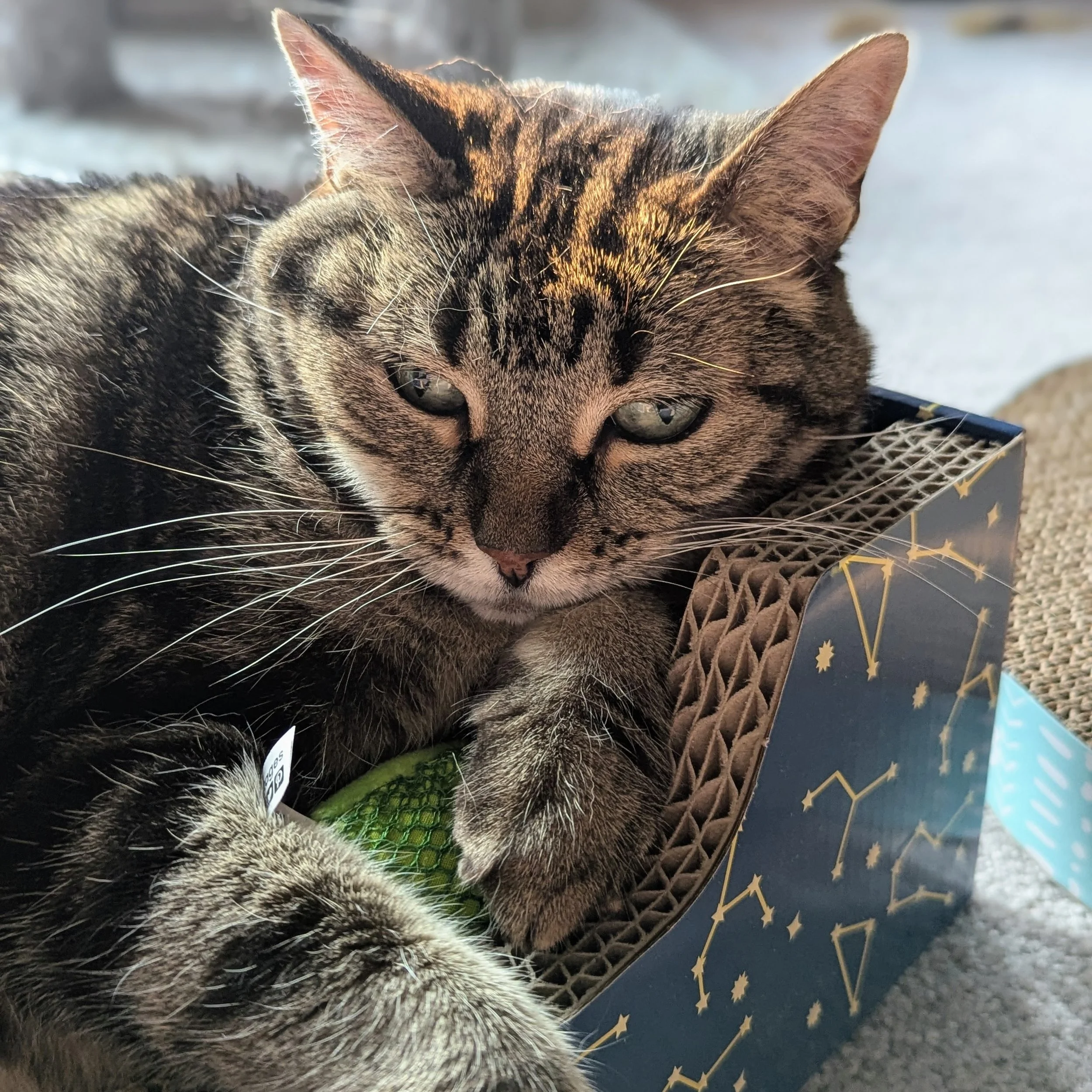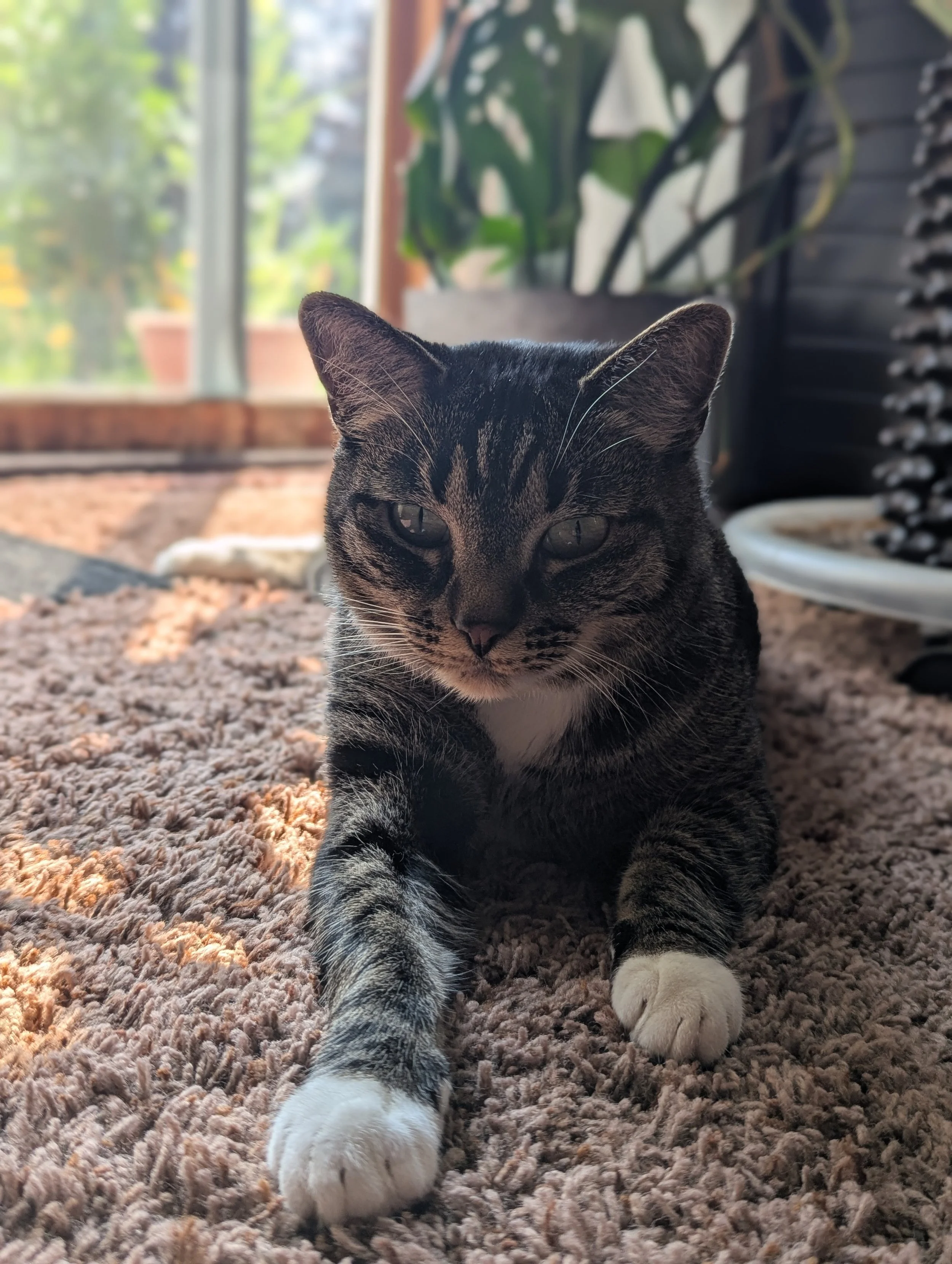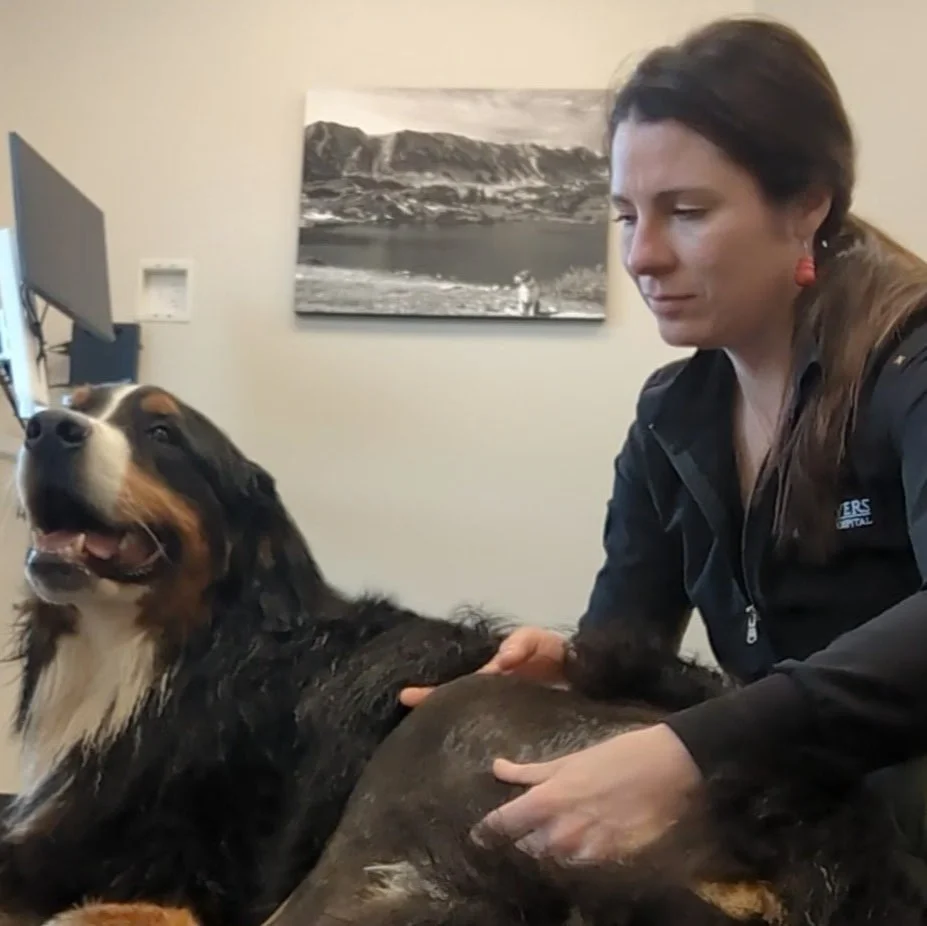
Bird Flu Found in Raw Cat Food: Why Pet Owners Should Take Precautions
The H5N1 bird flu virus has mutated to cause cross-species infections, affecting not just wild birds but also mammals, including cats. While the virus currently cannot spread easily between humans, every time it jumps into a new species, there is a risk of further mutation. By preventing exposure in pets, we help minimize the chances of a mutation that could threaten both animals and people.

5 Indoor Enrichment Tips Every Cat Owner Should Know
Indoor cats require thoughtful enrichment to keep them mentally stimulated, physically active, and emotionally content. Indoor enrichment is also linked to reducing the incidence of urinary tract disease in cats prone to stress-related bladder issues. Below are five veterinarian-recommended tips to keep your indoor cat happy and healthy.

Check the Chip Day: Protect Your Pet with a Microchip
A microchip is a tiny device, about the size of a grain of rice, that’s placed just under the skin—usually between the shoulder blades. Each chip carries a unique identification number that’s registered to you, the pet’s owner, in a secure database. If your pet is ever found and scanned at a vet clinic or shelter, that number links directly back to you.

5 Hidden Greenery & Plant-Based Dangers Pet Owners Should Avoid
Some plants and plant-derived products can cause serious health issues for dogs and cats. Being aware of the risks helps you make safe choices for your home and garden.
Here are five plant-related hazards every pet owner should avoid:

Feline Tooth Resorption: What Every Cat Owner Should Know
FORLs, also known as tooth resorption, occur when a cat’s own body begins to break down a tooth, starting at the enamel and working inward. Over time, this painful process leads to exposure of the sensitive inner parts of the tooth. Unfortunately, most cats show little to no obvious symptoms until the lesion is severe.

Mast Cell Tumors
At Two Rivers Vet Hospital in Fargo, ND, we often help pet owners navigate the unexpected discovery of a lump or bump on their dog or cat. One important cause of skin masses in pets is a mast cell tumor (MCT)—a common type of skin cancer that can behave in very different ways depending on the individual pet.

Bank Now, Save Later: The Benefits of Stem Cell Banking
The key benefit of the "bank now, save later" option is that we collect stem cells while your pet is already under anesthesia for a scheduled procedure—no need for a second surgery or recovery period. Younger pets also tend to have a higher yield of healthier, more potent stem cells, making early collection a smart investment in your pet’s future.

5 Signs It’s Time to Call the Vet
If you’ve searched “how to know when to take your cat to the vet Fargo ND” or you’re just worried something isn’t right, you don’t have to wait until it’s an emergency. We’re here to help — with same-week appointments, honest guidance, and compassionate care.

How to Perform an At-Home Blood Glucose Curve
Monitoring your pet’s blood sugar levels at home is one of the most helpful tools in managing diabetes. It allows your veterinary team to adjust insulin doses safely and effectively based on real-time trends in your pet’s glucose levels. A blood glucose curve helps us see how well your pet’s insulin is working throughout the day.

Treating Feline Diabetes
A diabetes diagnosis in your cat can feel overwhelming at first, but with the right care plan and support, it becomes a manageable part of daily life. In fact, many cats go on to live full, healthy lives—and some even achieve remission. Here's what to expect when it comes to treating feline diabetes.

Understanding Feline Diabetes
Diabetes mellitus is a common condition in cats, particularly those who are middle-aged to older, overweight, or inactive. Though a diagnosis can feel overwhelming at first, many cats with diabetes go on to live comfortable, happy lives—especially when it's caught early and managed well.

Easing Vet Visit Stress: How Pre-Visit Medications Can Help Your Pet
We often recommend pre-visit pharmaceuticals—safe, short-acting medications designed to reduce anxiety and help your pet feel calmer during their visit. These medications aren’t about “knocking your pet out.” They’re about setting the stage for a more peaceful, positive experience.

"Why I Bring My Cat to TRVH": A Chat with a Devoted Cat Parent
We recently sat down with Emily, a long-time client of Two Rivers Veterinary Hospital, to talk about her cat, Mochi—and why she chooses TRVH for her care. Mochi is a 7-year-old cat with a big personality and a serious dislike of car rides. Like many cat parents, Emily used to worry that bringing Mochi to the vet would be too stressful for both of them. But Dr. Abby and TRVH changed her mind.

Why Is My Cat Throwing Up?
At Two Rivers Veterinary Hospital, one of the most common questions we hear from cat owners is, “Why is my cat throwing up?” While an occasional hairball might not be cause for concern, frequent vomiting is a sign that something deeper could be going on—and it’s worth investigating.

Cat Pee Where It Shouldn’t Be
Few things are more than discovering their feline friend has peed outside of the litter box. While it can feel like a behavioral issue, it’s important to recognize that inappropriate urination is often a sign that something deeper is going on.
